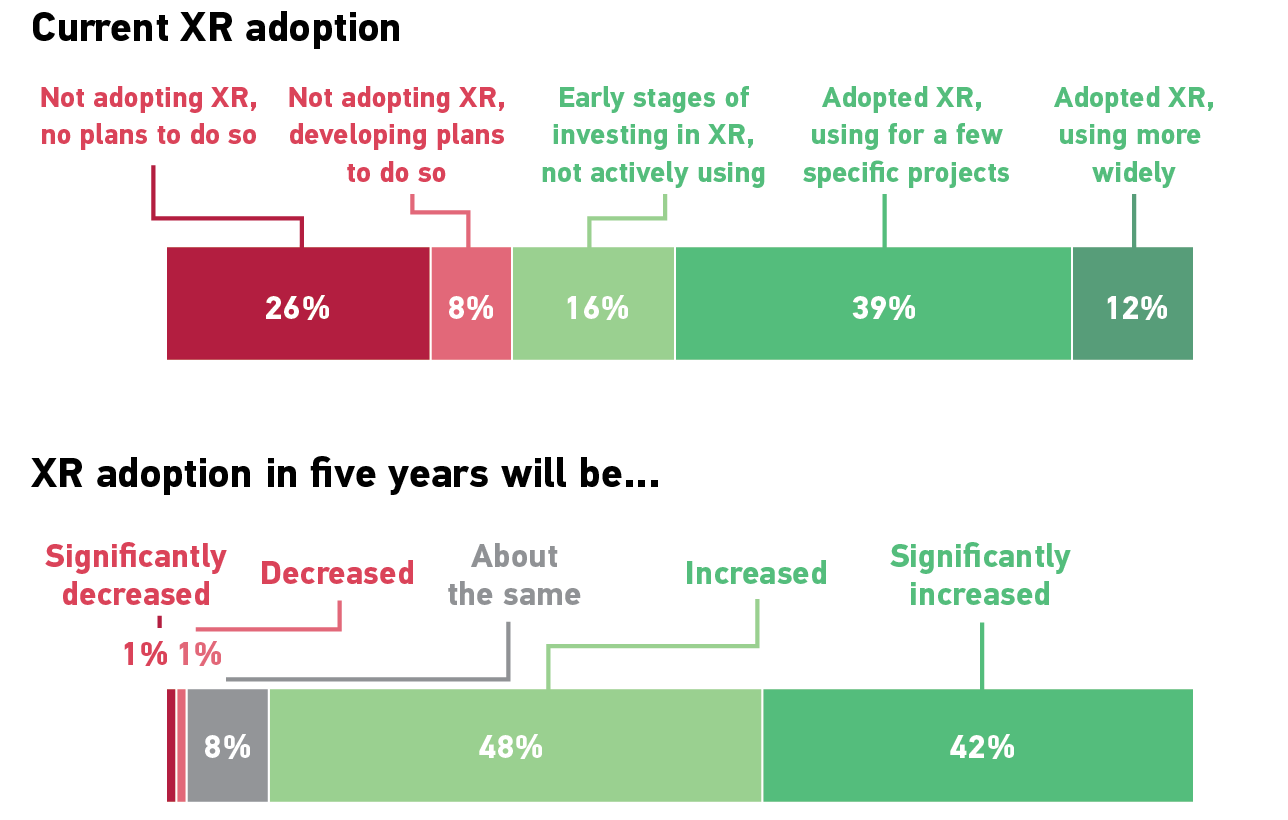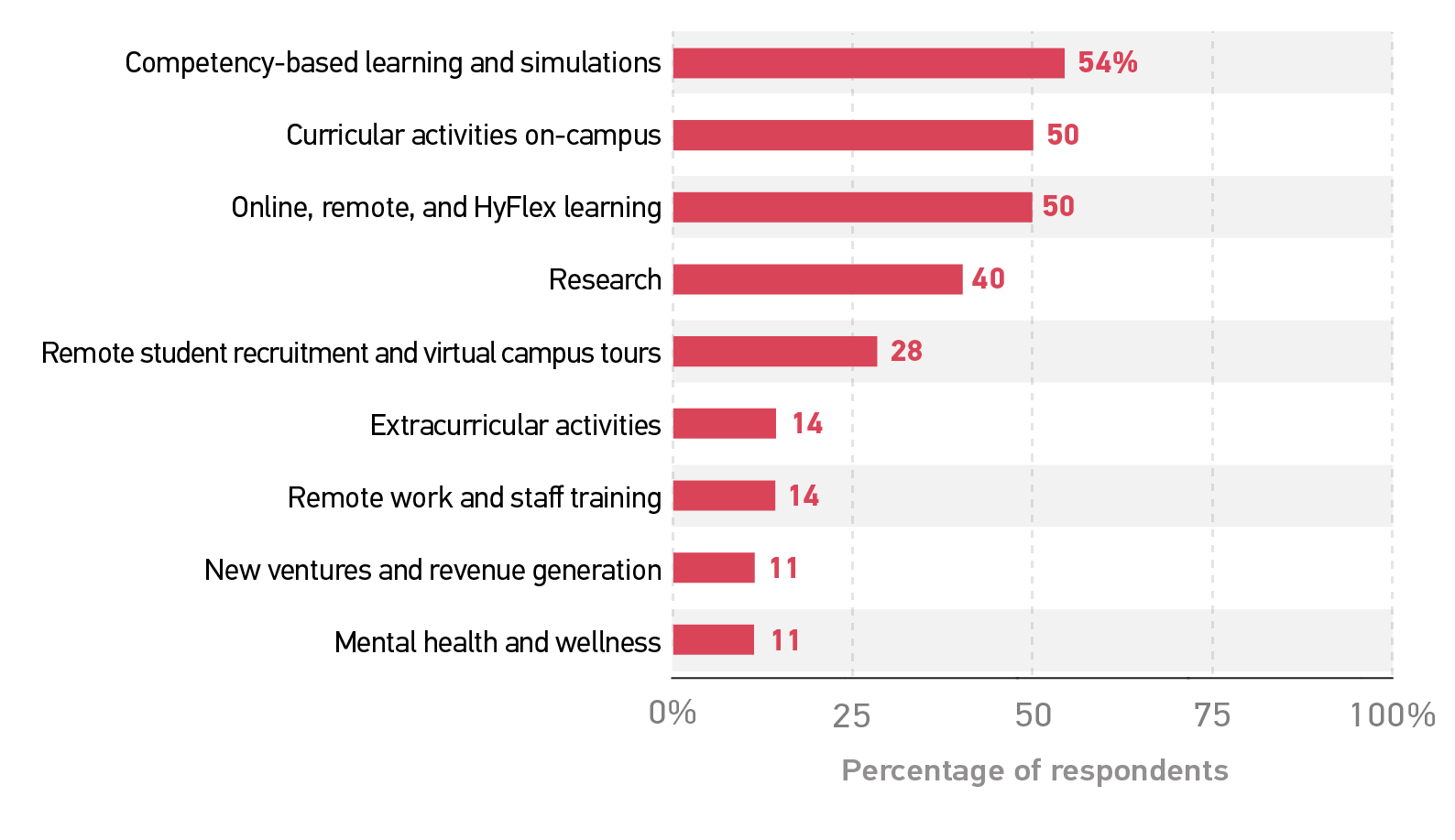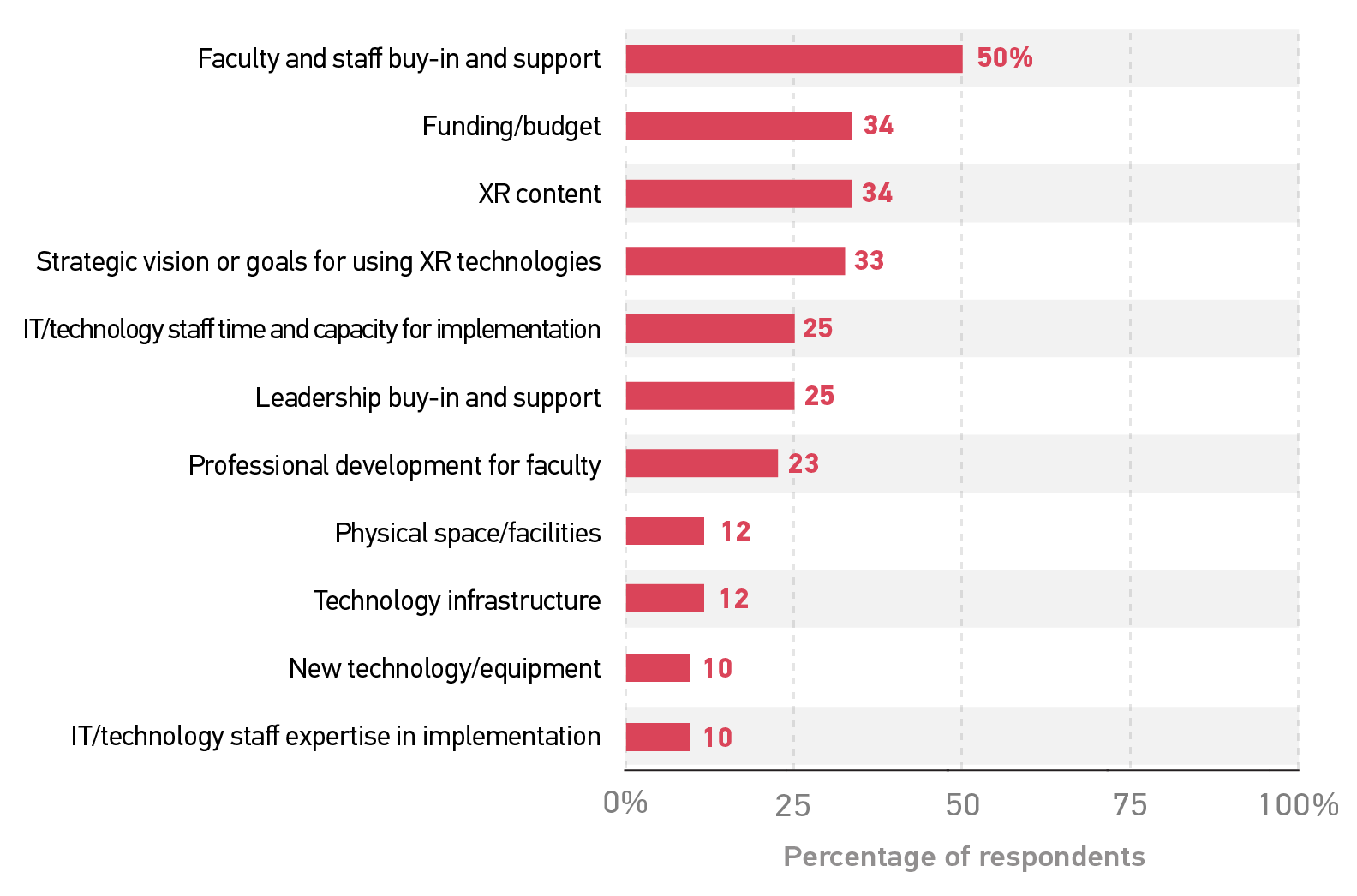Searching for "professional development"
Dealing with a ‘Culture of Fear’—Administrators on PD in the Age of Blended Learning
https://www.edsurge.com/news/2017-03-15-dealing-with-a-culture-of-fear-administrators-on-pd-in-the-age-of-blended-learning
Podcast available here: https://api.soundcloud.com/tracks/312471113/download?client_id=LBCcHmRB8XSStWL6wKH2HPACspQlXg2P
Who should deliver PD, the administrators or the teachers?
very important is for blended learning to not be a separate, compartmentalized aspect of learning at a school site.
With traditional PD, we’re bringing people in constantly and we’re taking them out of their classrooms. But I think one of the effective strategies for teachers is to actually bring them into classrooms, to see [blended learning] in action. It’s one thing to sit at a table and be given pedagogical practices and do the variety of things we normally do at a traditional PD.
In blended learning, we can move a lot of that more pedantic stuff to an online environment, and then the actual PD becomes collaborative.
one of the things that we might want to consider is the “fear factor” involved…. It’s overcoming fear and not overwhelming teachers, and that’s why delivering PD in a blended environment gives them that time to absorb, I think. I think that’s absolutely critical.
we recorded everything, had a webinar and put it on YouTube, so it was accessible for them afterwards.
I’d say along similar lines—stop introducing products or resources or tools out of context. So, if you say there’s a great new tool you may consider using and you just show the tool but there’s no context for it, I think it’s going to be difficult to get teachers to buy-in because it just seems like one more thing.
_+++++++++++++++++++
more on PD in this IMS blog
https://blog.stcloudstate.edu/ims?s=professional+development
Using Twitter to Supercharge Your Professional Development
http://www.edcircuit.com/using-twitter-to-supercharge-your-professional-development/
http://edchat.pbworks.com/w/page/219908/FrontPage
https://sites.google.com/site/twittereducationchats/education-chat-calendar
International Conference on Education and New Developments 2019
27 to 29 of June, 2020 – Zagreb, Croatia
http://www.end-educationconference.org/
- In TEACHERS AND STUDENTS: Teachers and Staff training and education; Educational quality and standards; Curriculum and Pedagogy; Vocational education and Counselling; Ubiquitous and lifelong learning; Training programmes and professional guidance; Teaching and learning relationship; Student affairs (learning, experiences and diversity; Extra-curricular activities; Assessment and measurements in Education.
• In PROJECTS AND TRENDS: Pedagogic innovations; Challenges and transformations in Education; Technology in teaching and learning; Distance Education and eLearning; Global and sustainable developments for Education; New learning and teaching models; Multicultural and (inter)cultural communications; Inclusive and Special Education; Rural and indigenous Education; Educational projects.
• In TEACHING AND LEARNING: Critical Thinking; Educational foundations; Research and development methodologies; Early childhood and Primary Education; Secondary Education; Higher Education; Science and technology Education; Literacy, languages and Linguistics (TESL/TEFL); Health Education; Religious Education; Sports Education.
• In ORGANIZATIONAL ISSUES: Educational policy and leadership; Human Resources development; Educational environment; Business, Administration, and Management in Education; Economics in Education; Institutional accreditations and rankings; International Education and Exchange programmes; Equity, social justice and social change; Ethics and values; Organizational learning and change; Corporate Education.
= Types of Contributions =
All submissions are subjected to a blind-review refereeing process and are divided in these categories:
– Oral Presentations
– Posters
– Workshops
– Virtual presentations
– Company Presentation
Corporates can also showcase their products or services in the conference exhibitions area by contacting the secretariat or publicity email (provided below).
= Conference Date and Location =
END 2020 will be held in Zagreb, Croatia (Hotel Dubrovnik) and will occur from 27 to 29 of June, 2020.
= Contacts =
Conference email: secretariat@end-educationconference.org
Publicity email: publicity@end-educationconference.org
Creating Digital Badges to Incentivize Participation in Faculty Development
November 7, 2018 | 1:00 – 2:00 p.m. EST
Creating Digital Badges to Incentivize Participation in Faculty Development
Badges are more than just participation trophies. Design them to commensurately represent the knowledge and skills gained.
While many institutions have used digital badges as an alternative way to recognize the skills and knowledge developed by students, some are also starting to use this approach in their in-house professional development programs – especially in faculty development programs.
By offering well-designed badges that accompany these programs, you can boost both participation and impact. Join us for this online training and learn how to design your badges to encourage deeper engagement that goes beyond “showing up”. Our instructor, Lindsay Doukopoulos, will share best practices for badging criteria at Auburn University, where 82% of participants chose to earn badges at annual professional development workshops.
indsay Doukopoulos Ph.D.
Assistant Director, Biggio Center for the Enhancement of Teaching and Learning, Auburn University
Lindsay’s teaching expertise includes experiential, active, and team-based learning in small and large lecture formats. Her research interests include instructional technologies and the use of digital artifacts (e.g., badging, ePortfolios, etc.) to assess and enhance integrated learning, gameful learning, and metacognition for students and faculty.
After a brief overview of our instructor’s faculty development badging program, we’ll walk through several badges Auburn has implemented for faculty. For each badge collection, we’ll address the following:
- How was it designed, and what elements were considered in the design process?
- What are the criteria for earning the badges? Why?
- Who has earned the badges to date?
- What impact did badge earners self-report?
- What kind of data or artifacts did faculty submit to earn this badge / badge constellation? What did these show about how faculty were using what they learned?
We’ll close with a brief exercise that will let you start designing your own badge criteria for a program on your campus.
$525 through Oct 31$600
Live Webcast + Recording
- Access to the live webcast: Invite your team!
- Links to all presentation materials and resources
- Permanent recording of the live webcast
++++++++++++++++
+++++++++++++++++
more on badges in this IMS blog
https://blog.stcloudstate.edu/ims?s=badges
EDUCAUSE QuickPoll Results: XR Technology
https://er.educause.edu/articles/2021/12/educause-quickpoll-results-xr-technology



Bank Of America Turns To VR For Soft Skills Training
https://vrscout-com.cdn.ampproject.org/c/s/vrscout.com/news/bank-of-america-turns-to-vr-for-soft-skills-training/amp/
Created by The Academy—Bank of America’s award-winning onboarding, training, and development organization—the program is part of the company’s commitment to providing the most cutting-edge professional development tools to their employees to ensure they are successful in their roles.
400 employees using the Oculus Go. According to the report, 97% of the participants left feeling more confident in their abilities.
In a 2019 article published by the Academy of International Extended Reality (AIXR), research showed that success in your job and your ability to grow in that role was based on 15% hard skills and 85% soft skills.
Think Digital Native Means Digitally Literate? Think Again.
By Nadia Tamez-Robledo Oct 21, 2021
https://www.edsurge.com/news/2021-10-21-think-digital-native-means-digitally-literate-think-again
students do have digital skills, but not necessarily the digital literacy they need to do their schoolwork.
There’s a difference in the way students use a device to scroll through YouTube videos versus understanding the information delivered in a lesson. The first is passive, and the other requires careful engagement.
n the International Literacy Association’s “What’s Hot in Literacy” report published in 2020, 49 percent of literacy professionals said they wanted more professional development on “using digital resources to support literacy instruction.” That surprised the researchers, who also reported that professionals were split over whether digital literacy was receiving the appropriate amount of attention: 26 percent felt it deserved less attention, while 25 percent felt it should get more.
++++++++
More on digital he need to find his blog
https://blog.stcloudstate.edu/ims?s=digital+native
Despite decades of evidence, good teaching is still considered more art than science. That’s hurting faculty and students alike.
https://www.chronicle.com/article/the-damaging-myth-of-the-natural-teacher
Even as universities have become more bureaucratic and centrally controlled, teaching continues to operate largely independent of oversight
when she was a college administrator, before becoming a professor, she was expected to spend two to four hours a week on professional development. It was written into her job description. Her training as a faculty member, by contrast, “has all been self directed, self led, things I want to do. It’s never been part of my annual evaluation.”
At most research universities if you were publishing in pedagogy journals they would not be counted or weighted as heavily as if you were publishing in a traditional journal.
Valencia College, a community college in Central Florida that relies heavily on part-time instructors, encourages them to improve their teaching by offering certificates and pay increases for participating in 60 hours of professional development.
Some of the most notable reform efforts are coming from external funders and academic associations. The National Science Foundation, the Association of American Universities, the John N. Gardner Institute for Excellence in Undergraduate Education, the American Historical Association, the National Academies of Science, Engineering, and Medicine, and others have sponsored research and projects on teaching reform, including work on how to advance discipline-based education research.
a pilot program at Kansas to reinvent the evaluation process, as part of a multi-campus project called TEval. The new process, she says, considers seven benchmarks, including course planning, class climate, and evidence of student learning. Teaching reviews consider, for example, how well course content is aligned with the curriculum, whether a faculty member is involved in scholarship about pedagogy, and how much time they spend advising and mentoring students. Departments are also encouraged to develop “peer triads,” in which small groups of faculty members whose coursework is related meet regularly to talk about their teaching and course design.
He and his peers were heavily involved in pedagogical innovation on campus, including the Center for Project Based Learning and discipline-based education research.
++++++++++++++++++
More on teaching in this blog
https://blog.stcloudstate.edu/ims?s=teach
https://recruit.apo.ucla.edu/JPF06841
POSITION DESCRIPTION
UCLA Extension seeks XR (augmented and virtual reality) professionals to teach in a new online certificate program housed within the UCLA Extension Center for Immersive Media. This recruitment is for online instructors for remote and asynchronous instruction, three hours per week, for ten-week quarters.
The center is focused on enterprise applications, workforce training in XR, narrative structures for XR storytelling, and (UX) User Experience in XR. This XR program is focused on training individuals to become XR content developers. The emphasis of this certificate is not on advanced coding or hardware development. Areas of recruitment include:
- XR Frameworks, an introduction to the XR business, user cases & goal/needs evaluation
- XR Tools I, an introduction to a modeling software such as Blender
- XR Tools II, prototyping tools with an emphasis on Unity
- XR Narratives, the use of non-linear narrative structures in XR development
- XR User Experience I, usability applications and studies bringing together previous class course work into VR and XR projects
- XR User Experience II, advanced XR experience studies and applications
- XR Product Pipeline & Project Management, Best practices including stages of production, critical paths, etc.
- XR Capstone Project, creation of final portfolio piece UCLA Extension is the open-access, self-supporting continuing education division of UCLA. The Department of the Arts offers a wide variety of certificate programs and courses, including post-baccalaureate credit-bearing (400-level), continuing education (CEU) credit, and non-credit bearing general interest courses. Course disciplines in the Visual Arts span subject areas such as Design Communication Arts, User Experience, Photography, Studio Arts and Art History. Our courses and certificate programs offer students the opportunity to learn from highly qualified practitioners who are passionate about teaching. Applications to teach are accepted throughout the year in order to fill immediate program needs and to increase the depth of the instructor pool, but interviews will only be scheduled with qualified applicants who can fill anticipated openings. XR Instructor Qualified applicants possessing current industry knowledge and experience in the following topic area(s) are encouraged to apply: AR, VR, MR, XR, User Experience Design, Gaming, Immersive Interface Design, XR Research, Software (Unity, Blender), XR Hardware. Classes are currently online only. Two formats are available: asynchronous, or live Zoom lectures. Each course is 11 weeks, enrollment limited to 20 students. Instructor Duties: • Develop or update course syllabus to meet campus approval requirements, in consultation with the UCLA Extension Program Director and Program Manager. • Use subject-matter expertise to impart knowledge to students and leverage additional resources appropriately to enhance the curriculum (i.e. make arrangements for guest speakers, etc.) • Design interactive and motivational classroom activities to fully engage participants and to reinforce student learning. • Update materials periodically, and regularly monitor course evaluations in order to make adjustments and improvements to the curriculum. • Respond to student questions and learning needs in a timely manner. • Communicate with Program Director and Program Staff in a timely manner. • Complete required administrative tasks in a timely manner including: completing all new hire paperwork, submitting updated quarterly syllabus, posting bio and photo on the UCLA Extension website, accepting quarterly contract, submitting required textbook orders, and communicating classroom needs to the appropriate people. • Participate in required orientations and instructor training programs. • Employ culturally competent teaching methodologies in the classroom inclusive of both domestic and international student populations. • Stay current regarding the professional body of knowledge in the field • Respond to student inquiries about final grades and consult with Program Director as needed. • Maintain a record of final grades for up to 13 months following the last class session. Qualifications: • Creation of XR products, with portfolio examples and specific role(s) in producing • 3-5 years industry experience • Commitment to the highest level of academic standards and integrity. • Current knowledge of and demonstrated proficiency in subject area. • Highly effective oral and written communication skills, including the ability to convey conceptual and complex ideas and information. • Outstanding interpersonal skills and high emotional intelligence. • Proficiency in or willingness to learn the use of instructional technology and online teaching tools. • College-level and/or continuing education teaching experience preferred. • Experience designing curriculum and measuring student performance preferred.
UCLA Extension is considered one of the top programs of its kind, offering to more than 35,000 students per year approximately 4,500 classes and non-degree certificate programs to meet the professional development, continuing education and personal enrichment needs of the full spectrum of nontraditional students as well as companies and organizations throughout and beyond the Los Angeles region.
Special Conditions of Employment
Instructors are hired on a quarterly contract basis.
Because Extension is a division of UCLA, all Extension degree-credit instructors and courses must be formally approved according to the regulations of the Academic Senate of the University of California. Eligibility to teach a course is contingent upon this formal academic approval. Once approved, teaching assignments are “by agreement.” The Instructor’s Contract outlines the deliverables for the course, the course schedule, and the compensation terms, subject to Extension policies and procedures. UCLA Extension makes no commitment to hire an instructor until it has sent and received a signed
Instructor Contract. Should the course section an instructor plans to teach be cancelled for any reason, the Instructor Contract, including rights to compensation for future section meetings, is voided.
In an effort to promote and maintain a healthy environment for our students, visitors and employees, UCLA is a smoke-free site. Smoking is prohibited within the boundaries of all UCLA owned, occupied, leased, and associated building and facilities. UCLA Extension is an Equal Opportunity Employer that values a diverse workforce.
To Apply:
Please follow the “apply now” link to submit the following:
Completed application form
Current CV
Link to portfolio or work samples if available
Cover letter”
QUALIFICATIONS
Basic qualifications (required at time of application)
Creation of XR products, with portfolio examples and specific role(s) in producing
3-5 years industry experience
Commitment to the highest level of academic standards and integrity.
Current knowledge of and demonstrated proficiency in subject area.
Highly effective oral and written communication skills, including the ability to convey conceptual and complex ideas and information.
Outstanding interpersonal skills and high emotional intelligence.
Proficiency in or willingness to learn the use of instructional technology and online
teaching tools.
College-level and/or continuing education teaching experience preferred.
Experience designing curriculum and measuring student performance preferred.
IM 554, Skills for Online Learning and Teaching
Topic for the lab this week: Virtual Worlds (VW): ASVR
Plan:
Prior to class meeting
During class meeting
- Who are the students: about 5 min to learn who they are
- What are virtual worlds: about 15 min to explain their part in immersive technologies and what immersive technologies are
- What is ASVR and the main competition bout 5 min:
- Troubleshoot issues with download, installation, creation of an account ~ 15 min
- share your avatar names in the Zoom chat session and befriend each other in ASVR
- Meet and organize ourselves in ASVR ~ 5 min. Transition completely from Zoom to ASVR
- How to “read” and find events in ASVR – 5 min
- Explore VR – 15 min
- Ideas to
- Discuss students’ ideas about opportunities with ASVR and virtual worlds – remaining time
++++++++++++++++++
more on IM 554 in this IMS blog
https://blog.stcloudstate.edu/ims?s=554


